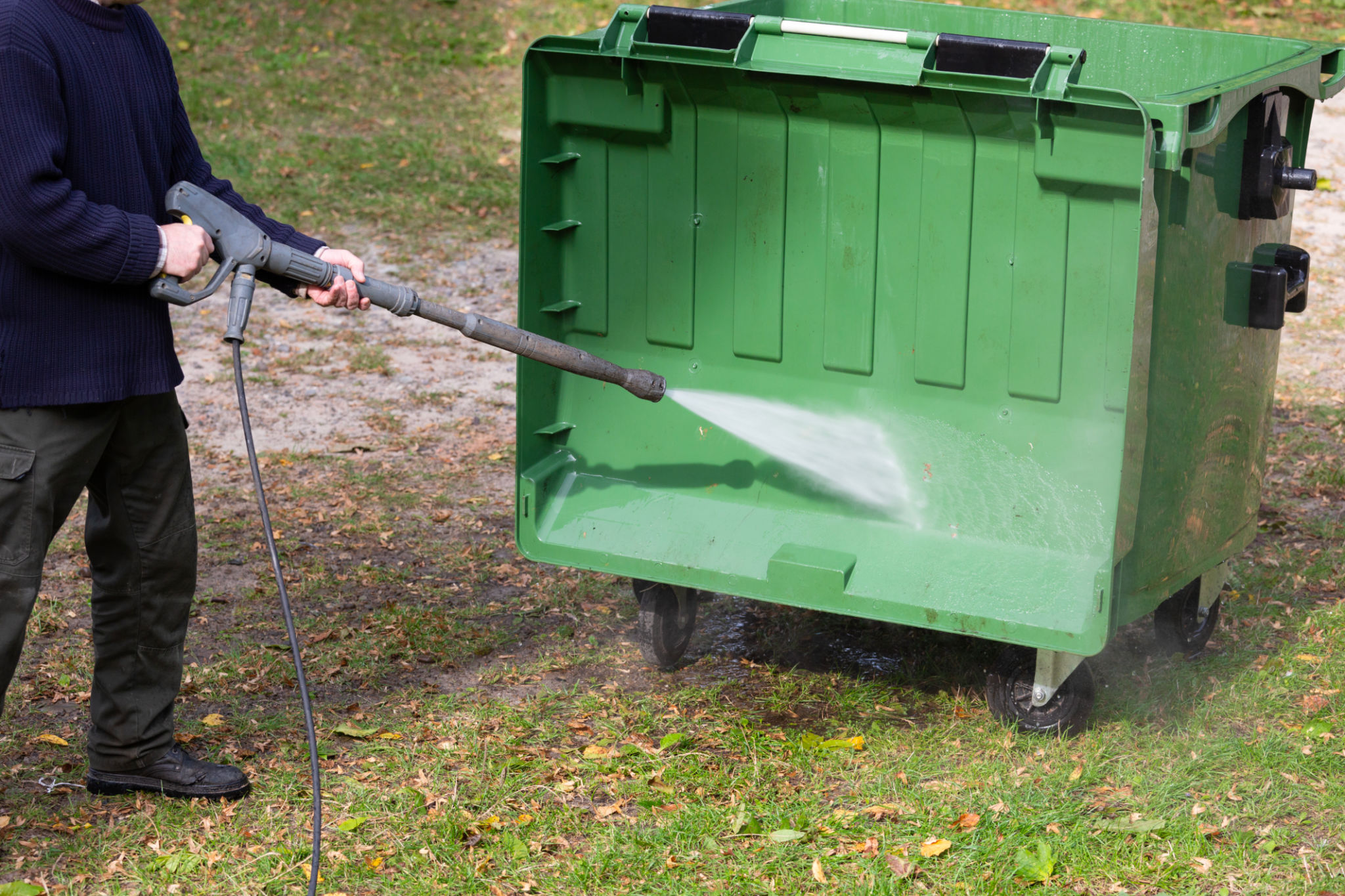Case Study: How Clean Trash Bins Improved Neighborhood Hygiene in El Paso
Introduction to the Initiative
In El Paso, a new initiative aimed at improving neighborhood hygiene has shown remarkable results. The city launched a program to regularly clean trash bins, an often overlooked aspect of urban cleanliness. This case study explores how this simple yet effective measure has contributed to better hygiene and a healthier community.

The Problem with Dirty Trash Bins
Dirty trash bins can become breeding grounds for bacteria and pests, posing a significant health risk. In El Paso, many neighborhoods faced issues with unpleasant odors and increased pest activity due to unclean bins. This not only affected the quality of life but also contributed to a higher incidence of waste-related illnesses.
Understanding the Health Risks
Trash bins that are not regularly cleaned can harbor harmful pathogens. These pathogens can spread diseases and attract pests like rodents and insects, leading to further hygiene issues. For residents, this meant a constant battle with unpleasant odors and potential health hazards right outside their homes.

The Solution: Regular Bin Cleaning
The city of El Paso implemented a regular cleaning schedule for trash bins as a pilot program. The goal was to reduce health risks by maintaining cleaner environments for waste disposal. Specialized trucks equipped with high-pressure cleaning systems were deployed to sanitize bins on a routine basis.
Implementation and Execution
- Bins were cleaned bi-weekly using eco-friendly cleaning solutions.
- Residents received notifications about the cleaning schedule in advance.
- The program initially covered high-density areas with plans to expand city-wide.
Measurable Improvements
Since the implementation of the program, neighborhoods have reported noticeable improvements in hygiene. Residents observed a significant reduction in foul odors, and there was a marked decrease in pest sightings. Health officials noted a decline in waste-related complaints and illnesses, underscoring the program's effectiveness.

Community Feedback
Feedback from residents has been overwhelmingly positive. Many have expressed relief at the reduction of pests and odors, which has improved their quality of life. Local businesses have also benefited from the cleaner environment, which has helped attract more customers.
Future Plans and Expansion
Encouraged by the success in El Paso, city officials are planning to expand the program to include more neighborhoods. There are also discussions about incorporating additional waste management solutions, such as composting and recycling initiatives, to further enhance environmental sustainability.
Conclusion
The case of El Paso demonstrates that even small changes in waste management can lead to significant improvements in community health and hygiene. By focusing on clean trash bins, the city has set a precedent for other urban areas looking to tackle similar issues. As the program expands, it promises to create even healthier neighborhoods and happier residents.